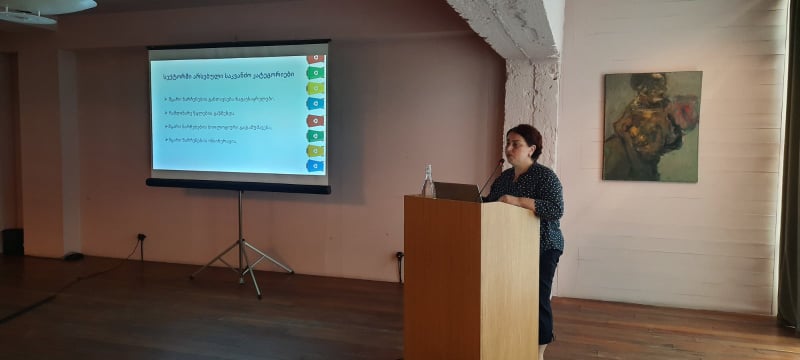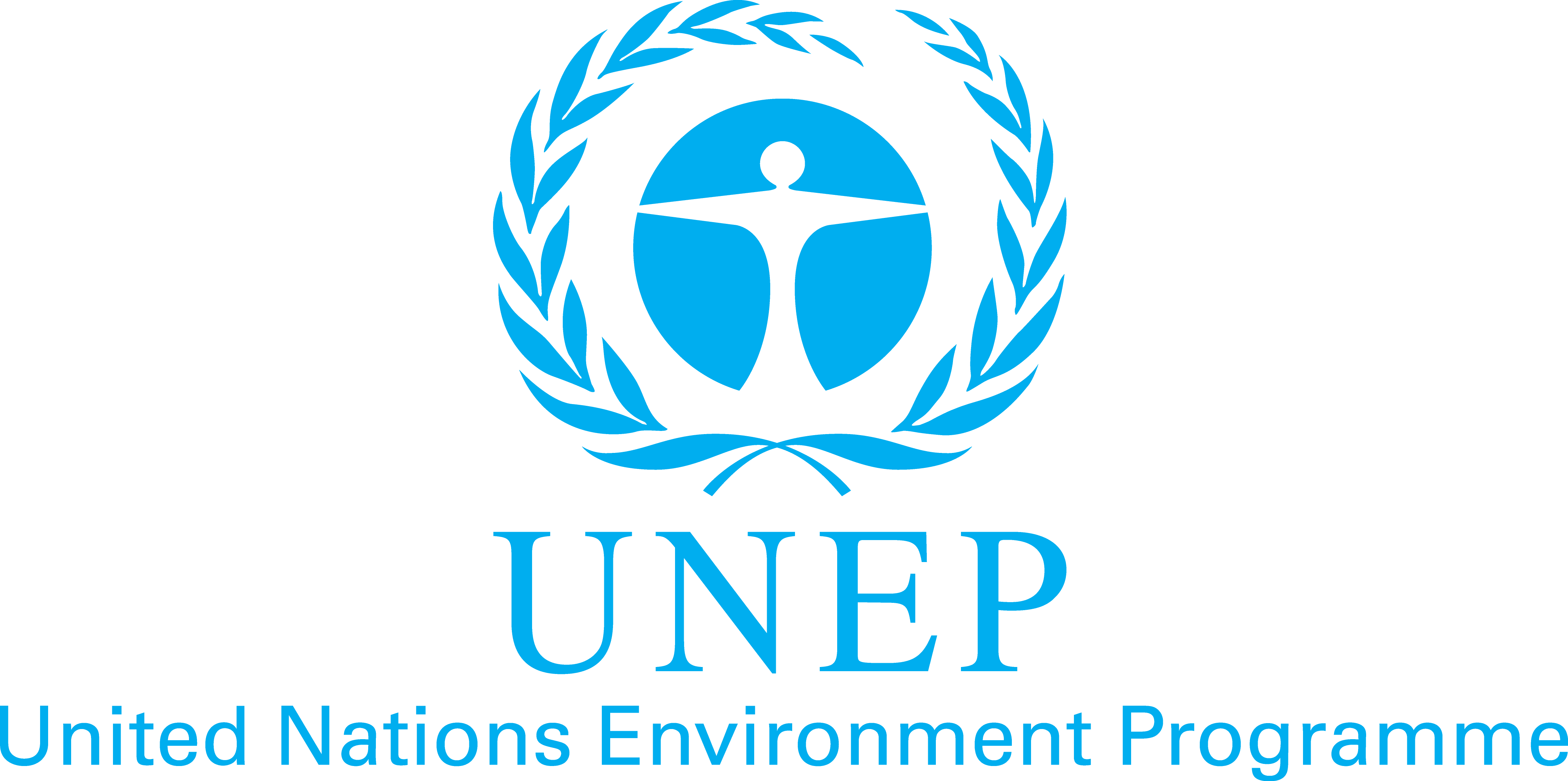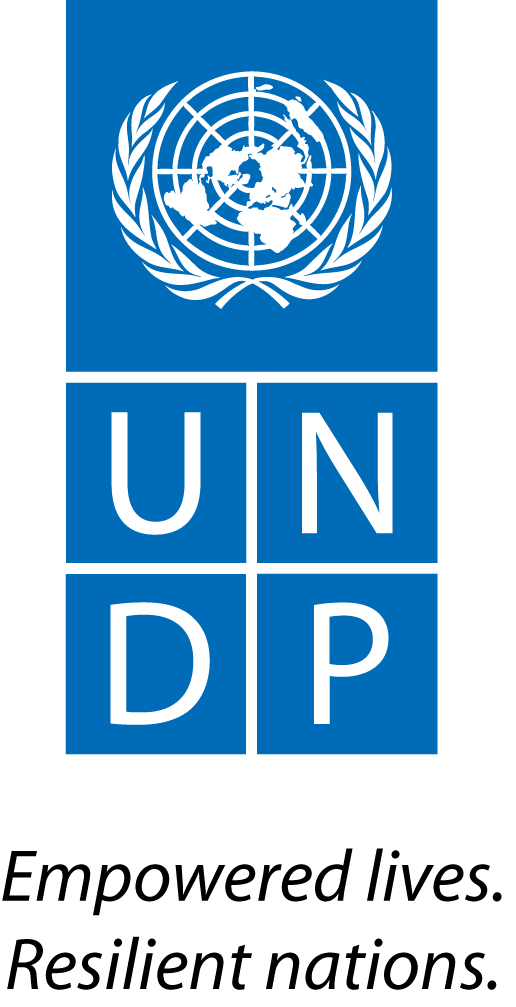Climate change mitigation policies and measures in Georgia
On July 31, 2020 at Rooms Hotel Tbilisi, the think tank - “World Experience for Georgia” (WEG) presented the results of a study on climate change mitigation policies and measures. WEG has prepared the following chapters on Georgia’s fourth National Communication on Climate Change for submission to the Secretariat of the United Nations Framework Convention on Climate Change (UNFCCC): National Circumstances and Institutional Arrangements, as well as implemented, Ongoing and Planned Mitigation Measures in the Country. The project is funded by the United Nations Development Program (UNDP) and the Global Environment Facility.
This report reflects the data of the last 10 years on climate in Georgia, the country's development priorities in the field of climate change, and the existing educational programs. The report collects and describes the economic sectors, making the largest contribution to greenhouse gas emissions at the national level. The study analyzes up to 90 climate change mitigation measures by the following sectors: energy, transport, industry, agriculture, land use, and forestry, and waste.

































